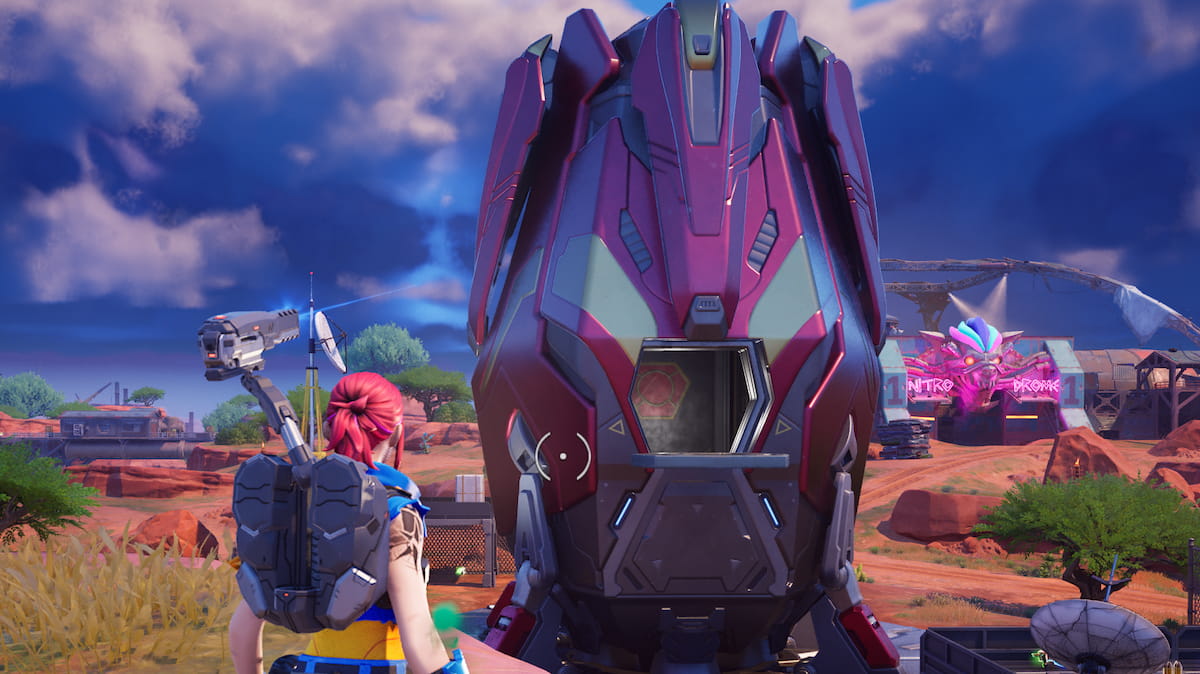The Inflation Reduction Act's big tax credit for homeowners who get solar panels was supposed to unlock a boom in the rooftop solar industry. But for some of the biggest national solar companies, 2024 has been anything but booming.
ADT got out of the solar business in January. Titan Solar closed up shop in June. In August, SunPower, one of the oldest and largest solar installers, declared bankruptcy. Lumio, another large national installer, declared bankruptcy in September, saying it would continue operations in the interim. It's been a hair-raising year on what the industry often calls the "solar coaster."
A big part of the issue is the broader macroeconomic environment -- high inflation led to rising interest rates, which made it more expensive to borrow money. That doesn't just affect your ability to get a home mortgage or a car loan. It meant companies whose business models relied on borrowing upfront for capital-intensive projects like solar panels faced dramatically higher costs.
With the Federal Reserve expected to start cutting interest rates this week, we asked experts to break down just how big of an effect high rates have had on the solar industry and whether cuts can bring some stability back for consumers.
Read more: Follow CNET's coverage of this week's Federal Reserve news.
Why interest rate hikes hurt solar companies
Generating electricity with solar panels is a lot different from generating electricity from, say, coal or petroleum. There's no fuel cost; essentially the entire cost of the solar power comes from the upfront expense of panels, wiring, inverters and other equipment. So instead of a moderate upfront investment followed by ongoing fuel costs, there's just a big upfront investment. To cover that, companies that generate solar power -- whether big, utility-scale solar farms or those leasing residential rooftop panels -- borrow money, hoping they'll make enough from selling electricity to pay back the debt.
For several years before 2022, the cost of borrowing money was virtually nil.

Considering Solar Panels?
Our email course will walk you through how to go solar
"The combination of really expensive systems combined with a zero percent interest rate means that this third-party ownership leasing model could find a market," said Pol Lezcano, an analyst at the research firm BloombergNEF.
Both of those factors -- the cost of components and the interest rates -- have changed in the past couple of years, Lezcano said. Solar panels and their associated components have gotten cheaper, and debt has gotten more expensive. Companies have struggled to maintain their profit margins and manage costs, leading to layoffs, cutbacks and business changes, if not bankruptcy.
"They've had to pay very high interest rates the last few years," said Peter Adriaens, professor of civil and environmental engineering at the University of Michigan. "What that means is that the revenue that they're getting from residential solar is not enough or barely enough to cover the cost of debt."
There have been other headwinds for the solar industry, namely a policy change in California known as NEM 3.0. This adjustment to net metering rates -- what customers get paid for energy they sell back to the grid -- made it less economical for homeowners to get solar panels. One state's policy change can have a nationwide impact if that state is California: by far the biggest residential solar market.
As a consequence, experts expect a contraction in the residential solar industry this year. The energy research and consulting firm Wood Mackenzie predicted in its latest forecast that the industry would shrink by 19% this year.
Will interest rate cuts help the solar industry?
The economy faces an inflection point this week, with observers broadly expecting the Fed to cut rates for the first time after two years of hikes. Fed Chair Jerome Powell said in August that "the time has come" to start cutting rates, citing significant cooling in inflation and softening in the job market.
That will likely be good news for solar installers, which will face lower borrowing costs and might be able to refinance some of their more expensive debt, experts say.
"In general, lower interest rates are a good thing for these companies," Lezcano said.
But even if cuts are coming, they might not come as quickly or as significantly as expected. Wood Mackenzie's last forecast for 2024, in June, expected only a 14% contraction. One reason it was lowered to a 19% contraction is that the Fed is expected to cut rates by less than originally anticipated this year, according to Zoë Gaston, WoodMac's principal analyst for US distributed solar. "If an interest rate cut does not occur this year, there is more downside potential for our forecast," she said.
One problem with the hike in interest rates was the timing: The Fed started hiking rates in March 2022. The Inflation Reduction Act, which included a 30% tax credit for rooftop solar systems, passed in August 2022. The boost the industry received from the bill's incentives were hampered by the fact that it occurred in a rising interest rate environment.
Adriaens said it's likely the rate hikes slowed down the increase in solar adoption that could have otherwise been expected in the wake of the IRA's passage. "That should accelerate once interest rates come down," he said.
The problem goes deeper than interest rates
Big installers face more struggles than just high interest rates.
One problem is the cost of finding customers. It's not as easy as selling a concrete product that can sit on a store shelf. Solar panel systems are really specific to an individual home.
"The underlying issue is that residential solar and storage in itself is a complicated product to sell. It takes time. It takes personal interaction with the customer. It takes visiting the house. It takes visiting the house multiple times," Lezcano said. "The individual customer acquisition costs are really high."
It's particularly hard for solar companies to expand in new markets because they're already strapped for cash, Lezcano said. "The bottom line, regardless of what the interest rate conversation is, this is a really difficult model to scale."
While we've focused on larger companies, Lezcano said a lot of the growth in rooftop solar has been in smaller, local companies. And those smaller contractors may be what the future of the industry looks like.
"In a natural progression of things, that would be the model," he said.
In countries with more mature rooftop solar markets, like Australia and Germany, small, local installers handle the bulk of the work. One reason why general contractors and electricians in the US are more hesitant is the complexity and time of permitting and connecting to the grid, Lezcano said.
Protect yourself from the solar coaster
The installer you choose when you get solar panels is the main thing that determines whether you have a good experience or a nightmare. With the industry seemingly always in flux, it helps to make sure you're choosing a stable company with clear protections.
Here are some tips to make sure you don't wind up with a big headache:
Buy, don't lease
Just like with a car, you can own your solar panels or you can lease them. When you purchase the panels, whether you pay with cash or finance them with a loan, you can still handle the maintenance and get things fixed if the company that installed them disappears.
With a lease or power purchase agreement -- known as "third-party ownership" in the industry -- you're paying a rental fee or a per-kilowatt-hour charge for electricity, but someone else owns the panels on your roof. So if that company goes under, you may be left with unusable panels on your home.
"That's just going to be a complete nightmare for you to deal with, not only from a financial standpoint but it takes a massive psychological toll," Lezcano said.
Shop local
A smaller, local installer with a good reputation and a long track record might be a better choice than a large company, Lezcano said. This is harder to find in the US than it is in Europe due to the cost and complexity of going solar in the US, but these companies do still exist -- and your neighbors with solar panels probably used them.
"Installing solar panels and batteries is not rocket science. It's very standard electrical work," Lezcano said.
Of course, local companies go out of business all the time as well, so focus on finding one that is trustworthy and reliable. That means get multiple quotes and do your research.
Read the fine print
While the company that installed your solar panels could go bankrupt, that doesn't mean you're left completely in the lurch. Your equipment may still be protected by manufacturer warranties and another company might assume the responsibilities that your initial installer offered. Read your contract and documentation carefully so you aren't caught by surprise if something goes wrong.



/cdn.vox-cdn.com/uploads/chorus_asset/file/25624467/MPY_101_03438_R2C.jpg)

/cdn.vox-cdn.com/uploads/chorus_asset/file/25242409/20230608_Palworld_Screenshot_02.png)



 English (US) ·
English (US) ·